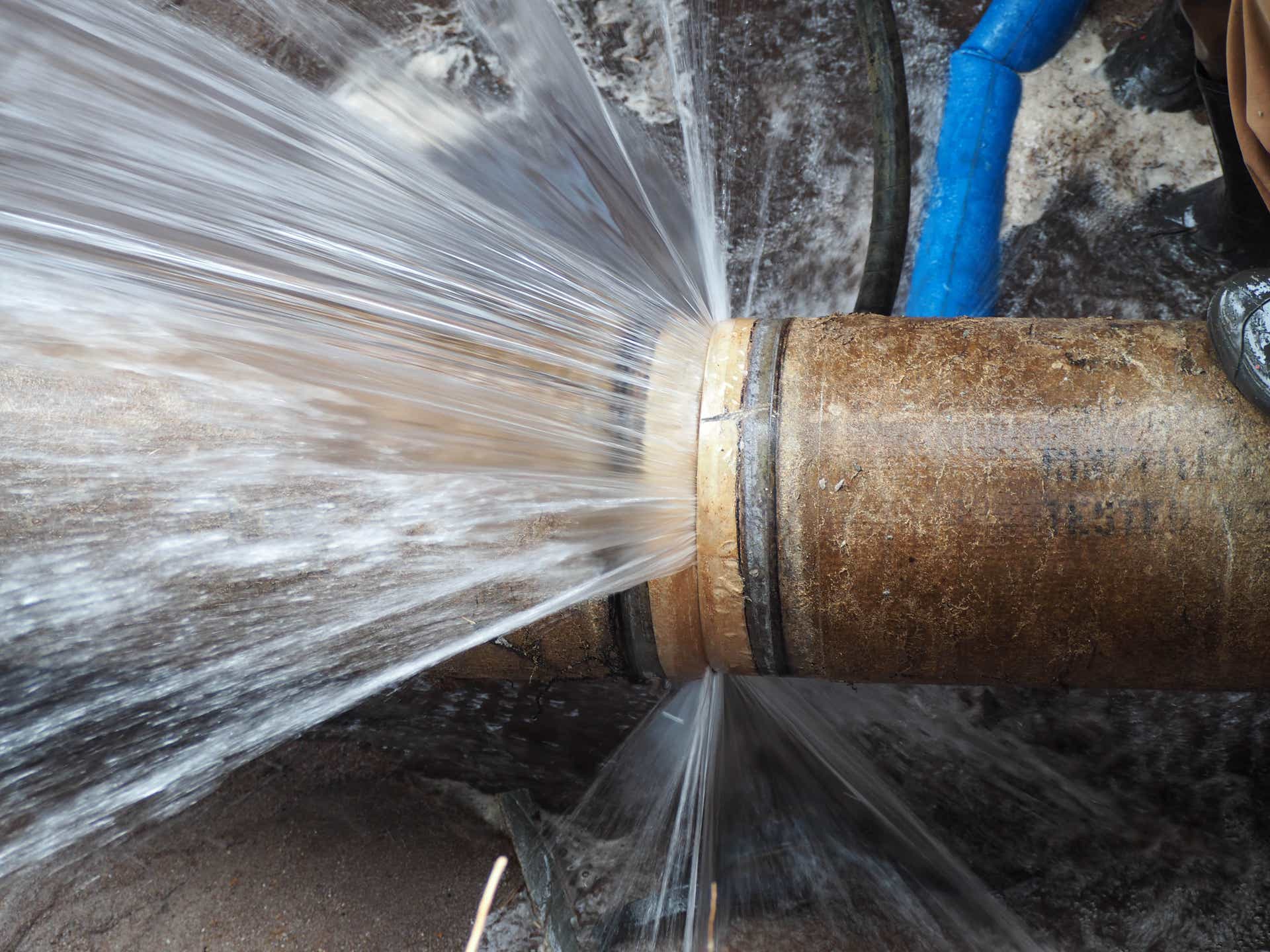Enhancing road durability – Benefits of asphalt and bitumen sealing

The condition of our roads plays a vital role in ensuring the smooth flow of traffic, the safety of drivers and pedestrians, and the overall functionality of our transportation infrastructure. Asphalt and bitumen sealing, a process that involves applying a protective layer to road surfaces, has emerged as a crucial technique for enhancing road durability. Most roads are constructed using a combination of aggregate materials and a binding agent, typically asphalt or bitumen. Asphalt is a mixture of aggregates and bitumen, while bitumen is a viscous, petroleum-based liquid that acts as a glue to hold the aggregates together.
Challenges faced by road surfaces
- Traffic load – The constant weight and pressure exerted by vehicles, especially heavy-duty trucks and buses, cause roads to develop cracks, potholes, and rutting.
- Weather conditions – Extreme temperatures, precipitation, and freeze-thaw cycles can cause the asphalt binder to deteriorate, leading to cracking and moisture infiltration.
- Oxidation – Exposure to sunlight and oxygen causes the asphalt binder to become brittle and less flexible, making the road surface more susceptible to cracking.
- Chemical spills – Accidental spills of fuel, oil, and other chemicals soften the asphalt binder, leading to surface degradation.
To mitigate these challenges and extend the lifespan of road surfaces, northernhighwaysbitumensealing has proven to be an effective solution.
- Increased road lifespan – Sealing protects the road surface from the damaging effects of traffic, weather, and oxidation, significantly extending the road’s lifespan.
- Improved waterproofing – The sealant forms a barrier that prevents water from penetrating the road surface, reducing the risk of moisture-related damage such as potholes and cracks.
- Enhanced skid resistance – Sealed roads often have a slightly rougher surface texture, which improves traction and skid resistance, particularly in wet conditions.
- Aesthetic appeal – Freshly sealed roads have a uniform, dark appearance that enhances the area’s overall look, which is particularly important for commercial and industrial properties.
- Cost-effective maintenance – Sealing is a more affordable maintenance option compared to complete road resurfacing or reconstruction, saving clients significant costs in the long run.
Considerations for choosing a sealing service provider
Choose a provider with extensive experience sealing roads for commercial, industrial, and government clients. Ensure the company uses high-quality sealants appropriate for your road conditions and meet industry standards. The service provider should use modern, well-maintained equipment to ensure efficient and effective sealant application. Look for a company that stands behind its work by offering a warranty on the sealing services. Select a provider that values clear communication, prompt project completion, and responsiveness to client needs.
Maintenance after sealing
While asphalt and bitumen sealing significantly improves road durability, it’s essential to continue regular maintenance practices to maximize the lifespan of the sealed surface. This includes:
- Regular cleaning – Remove debris, dirt, and stains from the sealed surface to prevent abrasion and maintain the sealant’s integrity.
- Crack repair – Address any cracks that may develop over time to prevent moisture infiltration and further damage.
- Resealing – Resealing may be necessary every 3-5 years to maintain optimal deep protection, affecting traffic volume and environmental conditions.
When selecting a sealing service provider, choosing a company with the expertise and customer service needed to deliver outstanding results is essential. Clients use regular asphalt and bitumen sealing to ensure their roads remain durable, functional, and safe for years.






